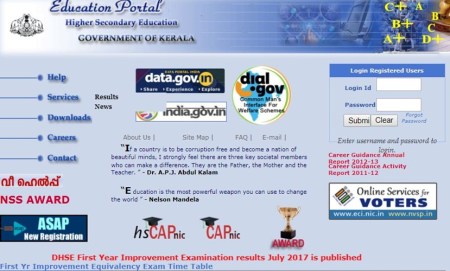 It is equally important to be aware of all current and trendy topics besides the traditional topics for article/speech/report et al.
It is equally important to be aware of all current and trendy topics besides the traditional topics for article/speech/report et al.
With Board exams around the corner, each one of you must be toiling hard and burning the midnight oil to come out with flying colours in your forthcoming Board Exams. So here are some handy tips such that your efforts can be more effective and fruitful.
— At the outset, go through the unseen passages thoroughly and try to comprehend the meaning. If, by chance, you are stuck with any difficult or unknown word, try to figure out the textual meaning rather than getting nervous and spoiling the entire comprehension. For the note-making question, be very careful with the headings, subheadings and the proper indentation of the points and sub-points. Do not try to coin new abbreviations, rather use familiar ones and do not exceed more than 6 abbreviations.
— However, the minimum number of abbreviations can be 4. The summary is often seen to be very elaborately written which is not desirable at all. Just mention the gist of the actual passage and stick to the given word limits.
— Coming to the writing section, it is very important to adhere to the set format – be it article, report, invitation or even the advertisements, letters, notice or posters. It is very important that you know the marking scheme for all questions so that your approach and handling of the question becomes very apt and crisp. Adhering to the word limit is very important in this section. Remember, every extra word that you write wastes every precious minute of yours. You lose time as well as marks for writing more.
— It is equally important to be aware of all current and trendy topics besides the traditional topics for article/speech/report et al.
— Coming to the literature section, my suggestion would be to read the texts (Vistas, Flamingo and The Invisible Man/ Silas Marner) thoroughly and between the lines, so that you are very familiar with the extracts and can readily bang on the answers.
— Practise writing answers in a word-bound and time-bound manner. Remember even if you know the facts, but cannot express it properly within the given word limit, you will not crack a high score.
— In addition to that, keeping an eye on time while writing, is again extremely important. Often it so happens that students complain of the paper to be ‘lengthy’. My dear students, examiners can never set a ‘lengthy’ paper because there is already a set pattern which has to be strictly followed by the paper-setters.
— It depends thoroughly on you how to deal with the paper – the ones who do more written practice and solve the sample papers in a time-bound manner, easily cope up within the given time during the examination, whereas others struggle to finish and revise their answers subsequently.
— The next point which I would like to focus, is – handling of the sections in a ‘known to unknown’ or ‘easy to difficult’ pattern which means you start with the question that you are best prepared and gradually go to the slightly difficult ones and then to the more difficult ones. There is no set rule as to which section should be attempted first and which ones should follow. Every student has his/her unique way of handling each question. So it is they who know best which foot to put forward first.
— Last but not the least, a student needs to be very particular with the revision of his attempted answers. This is a step which is most often ignored and which consequently forbids the students from getting that ‘extra edge’ over the others.
— Let me conclude that both experience and statistics say that there are about 10% – 20% errors made, while attempting a question paper, which can be rectified by the examinees only during revision. So take revision very seriously and see how you fly high riding on your good scores.
The article is authored by Ananya Rudra, PGT English, Vidyagyan School
For all the latest Education News, download Indian Express App


































